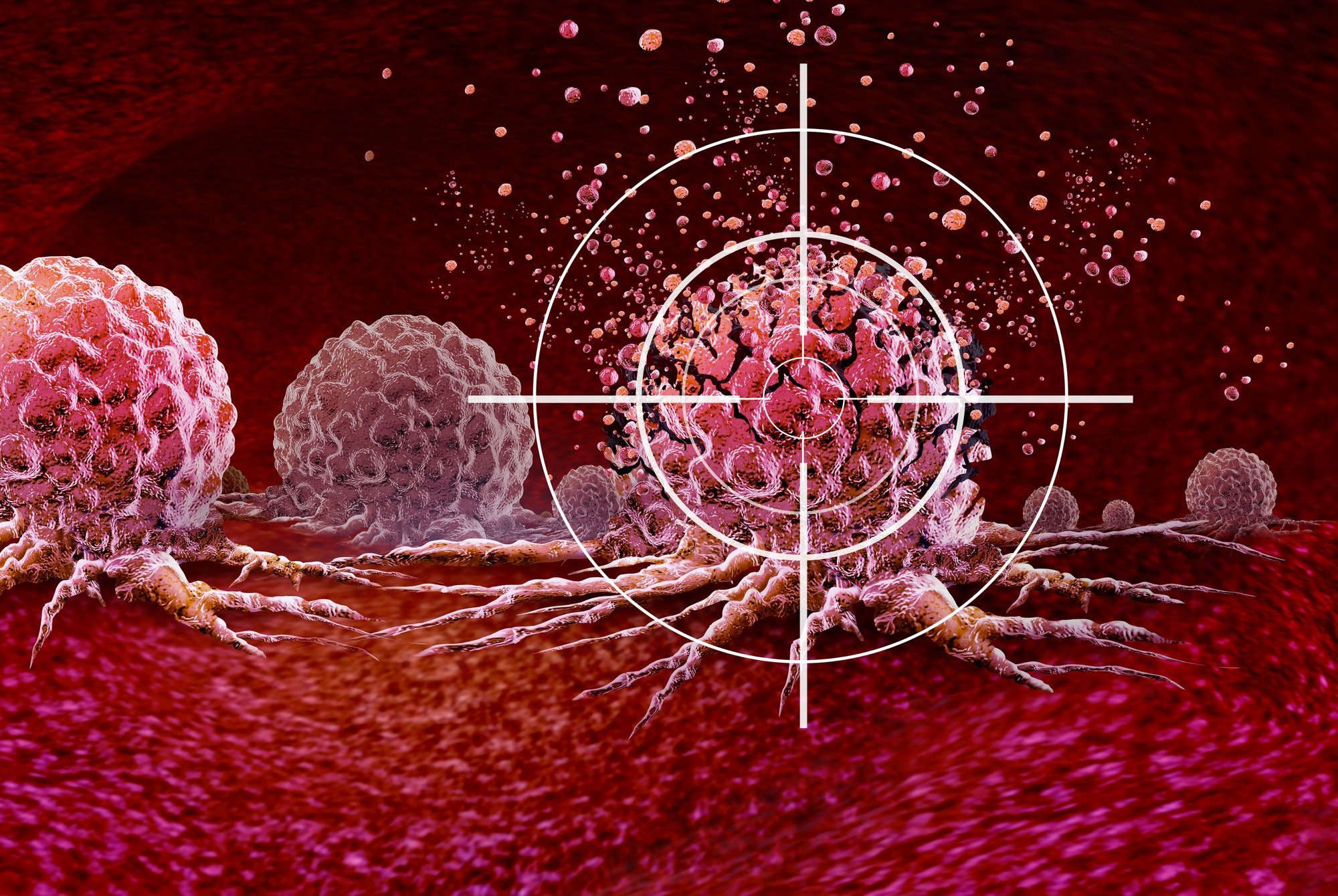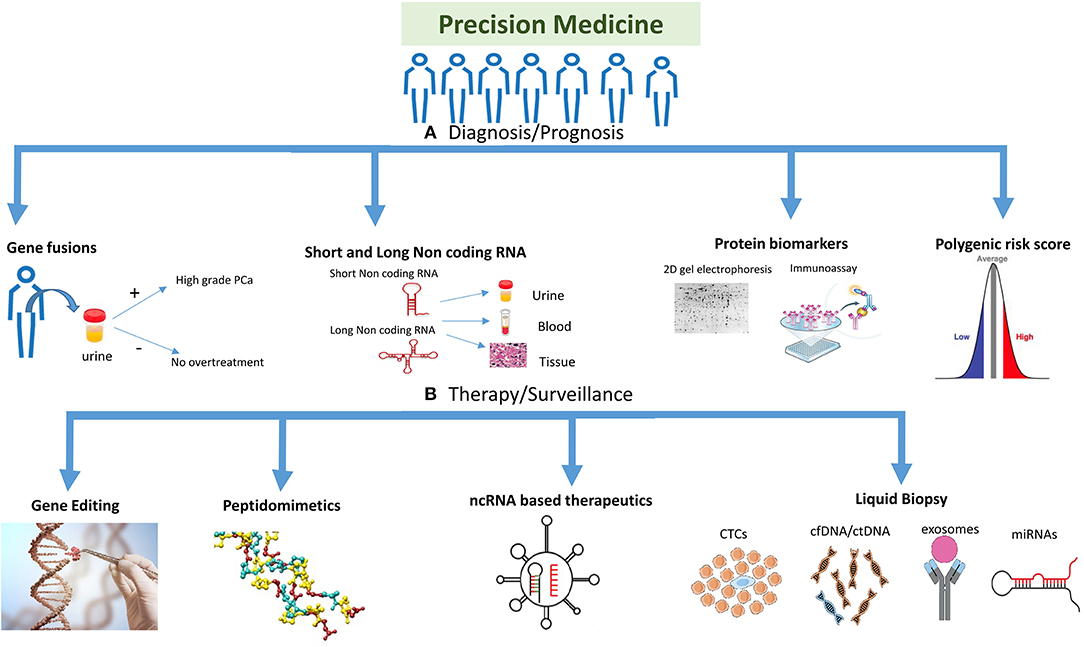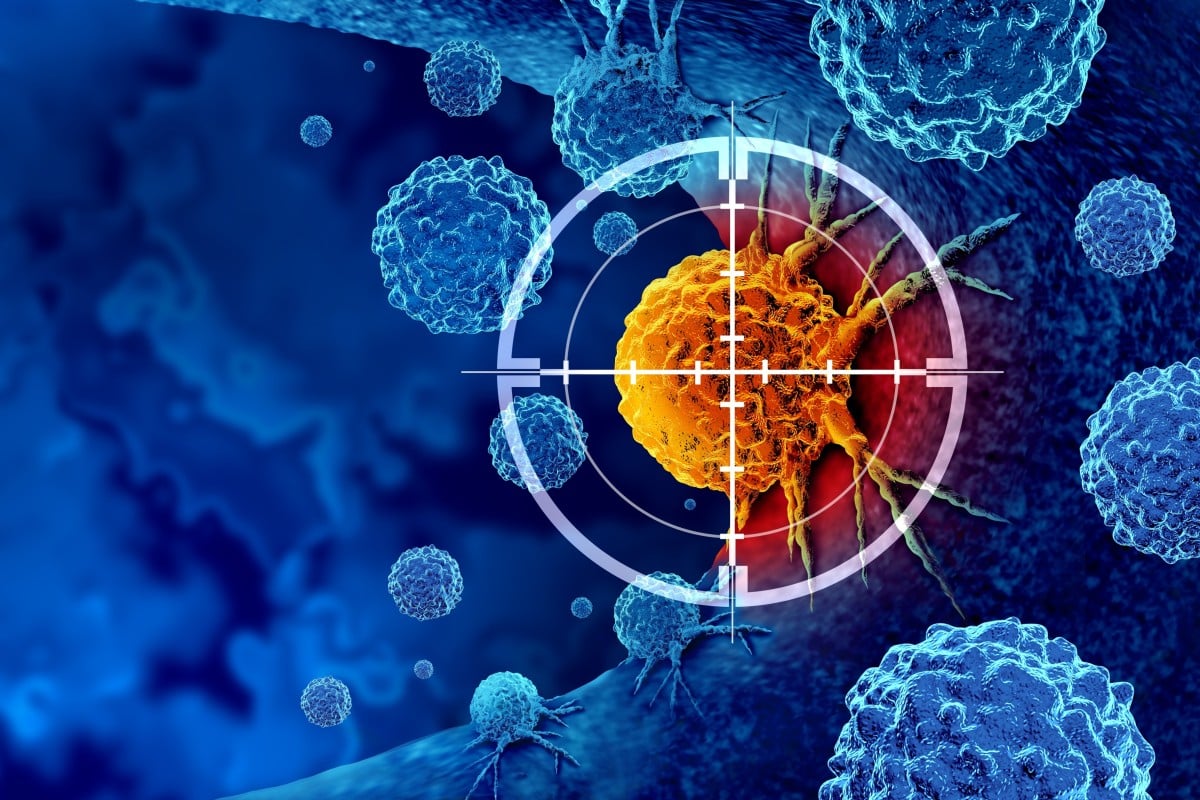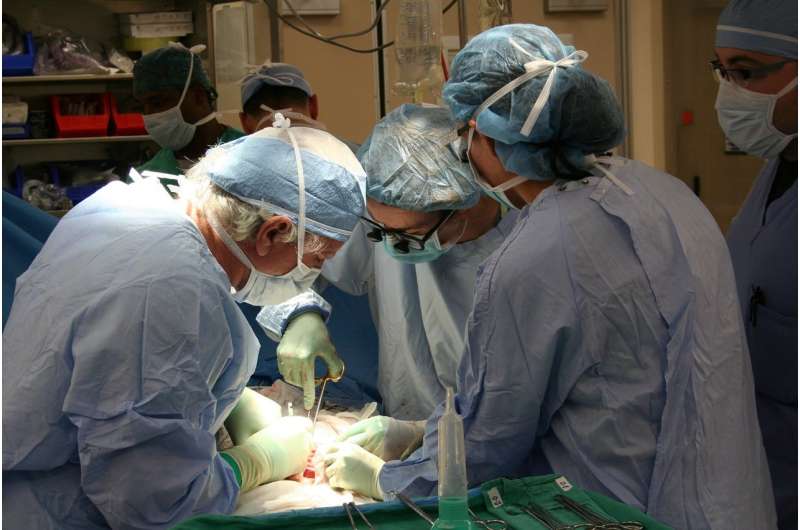Treatment Innovations
-
Facebook
-
Twitter
-
Linkedin
Innovations in cancer treatment are transforming patient care by introducing more precise, effective, and less invasive therapies. Immunotherapy, including checkpoint inhibitors and CAR-T cell therapy, has revolutionized cancer care by harnessing the immune system to target and destroy cancer cells.

‘Huge breakthrough’ as breast cancer pill approved for NHS
A “huge breakthrough” in breast cancer treatment has arrived with the NHS approval of a twice-daily pill for the most common form of advanced disease.

Deadliest Catch Star Captain “Wild” Bill Wichrowski’s Cancer Journey Is an Inspiring Tale
Despite being a season apart, Captain “Wild” Bill Wichrowski was forced to leave the Season 20 crabbing season early for cancer treatment.

A new AI tool could slash cancer drug research waiting times in half
AI technology developed by a team at The Institute of Cancer Research may be able to streamline the years-long drug discovery process

China’s molecular ‘elevator’ boosts immunity 150-fold against cancer, viruses
China has unveiled its latest weapon in the battle against cancer – the world’s most powerful vaccine booster, capable of amplifying immune responses to tumours and infections up to 150-fold, according to researchers.

Can Laughing Really Fight Cancer? Researchers Say It’s No Joke
Amid growing concerns over social tension and instability in South Korea, the mental health of the public has increasingly come under threat.

Precision Medicine for Prostate Cancer
AI can help patients decide whether active surveillance is right for them

Scientists identify key protein driving ovarian cancer spread
A new study has identified the protein ADAMTS5 as playing a crucial role in the spread of ovarian cancer cells, offering a potential new target for future treatments.

Cancer Disappears After Experimental Use of Immunotherapy
Researchers from The Memorial Sloan Kettering Cancer Center (MSK) made a groundbreaking discovery. They have successfully completed a trial study with 100% of patients recovering fully from rectal cancer.

Scientists create fast, scalable way to make cancer-fighting nanoparticles
MIT engineers have developed a faster, easier way to mass produce tiny drug-carrying particles that could help treat cancer more effectively, especially ovarian cancer.

Coffee-based therapy may treat ovarian cancer
Researchers from the University of Kentucky Markey Cancer Center have shared encouraging early results from a new clinical trial testing a unique coffee-based product as a possible maintenance therapy for ovarian cancer.

Research Shows Vitamin D Enhances Cancer Treatment Outcomes
While any single vitamin can’t cure all types of ailments and diseases, there’s one nutrient that has been shown to deliver incredible support for immune function time and time again

AI in colonoscopy can improve cancer detection
New research led by a Norwegian team has found that using artificial intelligence (AI) during colonoscopy screenings can slightly improve the detection of small growths called polyps. These are important to find because they can turn into cancer over time.

China is working on oncolytic virus therapies. They could be next frontier for cancer
That is the potential of oncolytic virus therapy, according to Chinese scientists working on the genetically engineered “tumour meltdown” treatment.

Citrus Oil Formula May Relieve Dry Mouth for Cancer Patients
SATURDAY, March 29, 2025 (HealthDay News) — A new formula made with natural citrus oil could help cancer patients find relief from dry mouth, a common and painful side effect of radiation treatments.

Experimental women’s cancer drug boosts survival rates in notable study
Relacorilant, the drug tested in a phase 3 ROSELLA trial with Corcept Therapeutics in California, was found to improve overall survival and progression of the disease when matched with a chemotherapy drug called nab-paclitaxel.

In a first, scientists develop drug candidates to target untreatable cancer protein
Using an innovative screening method, the researchers discovered peptides—short chains of amino acids—that can irreversibly inhibit this cancer protein within cells

Liver transplants offer new hope for colorectal cancer patients with liver metastasis
Liver transplants are becoming a new treatment option for certain colorectal cancer patients whose cancer has spread to their liver and are ineligible for other surgical options.

Study finds big cause of DNA changes that lead to cancer
A recent study from Yale University has brought scientists a step closer to understanding what causes cancer by revealing how much of a tumor’s growth is due to preventable factors, aging, or random chance.

Study suggests exercise could reduce breast cancer recurrence
Exercise could potentially reduce the recurrence rate of breast cancer, new research from Edith Cowan University (ECU) has found.

Surgery Not Necessary In Some Early-Stage Breast Cancers, Study Says
MONDAY, March 31, 2025 (HealthDay News) — Surgery might not be needed to treat as many as 60% of early-stage breast cancers, a new study says.

Research reveals worse outcomes for men who avoid prostate cancer screening
Men who consistently avoid prostate cancer screening appointments face a disproportionately higher risk of dying from the disease, finds research identifying a new high-risk group.

Researchers identify potential drug combinations to improve breast cancer treatment: Q&A with professor of pharmacology
Triple-negative breast cancer, an aggressive type of breast cancer, accounts for 10% of all breast cancer cases in the United States annually. CD8+ T cells that normally kill cancer cells often become exhausted and stop.

Prostate Cancer Surgery Innovation Preserves Erectile Function
Discover the groundbreaking NeuroSAFE technique that nearly doubles the chances of preserving erectile function in prostate cancer patients post-surgery, without compromising cancer control.

Japanese Drug Regulator Approves Genmab Cancer Drug For Patients With Advanced Cervical Cancer – Genmab (NASDAQ:GMAB) – Benzinga
Japan approves Tivdak, the first ADC for cervical cancer, after Phase 3 trial shows a 30% reduction in death risk vs. chemotherapy.






